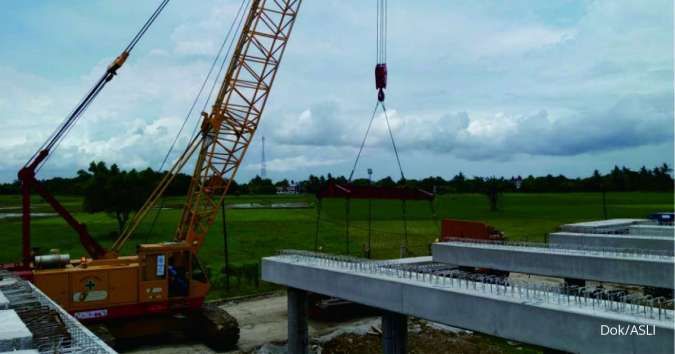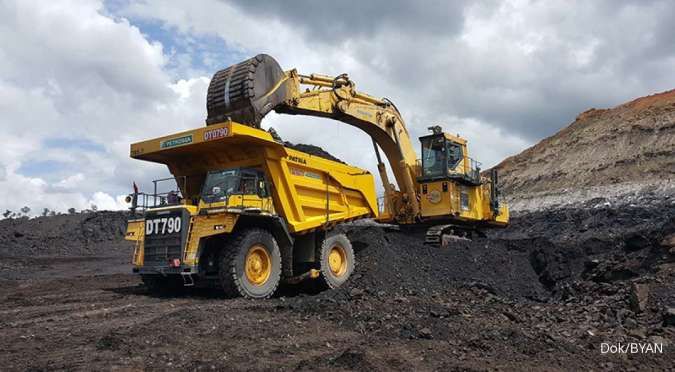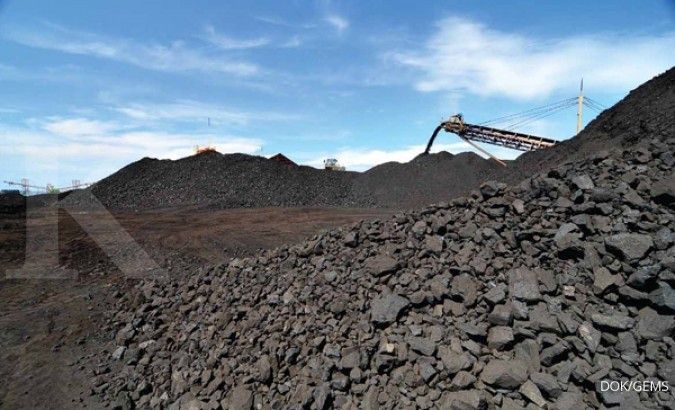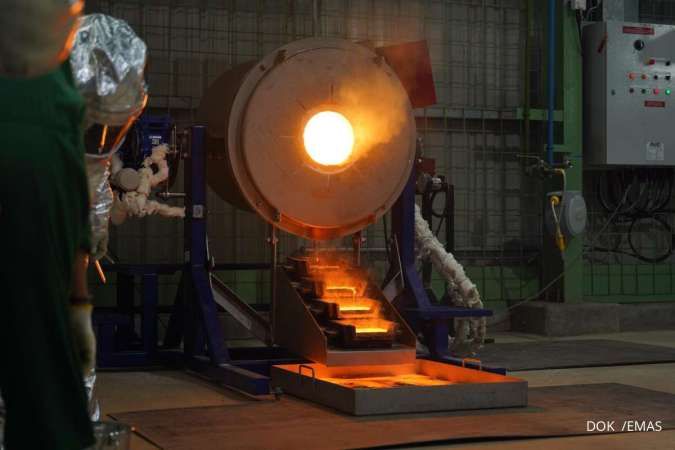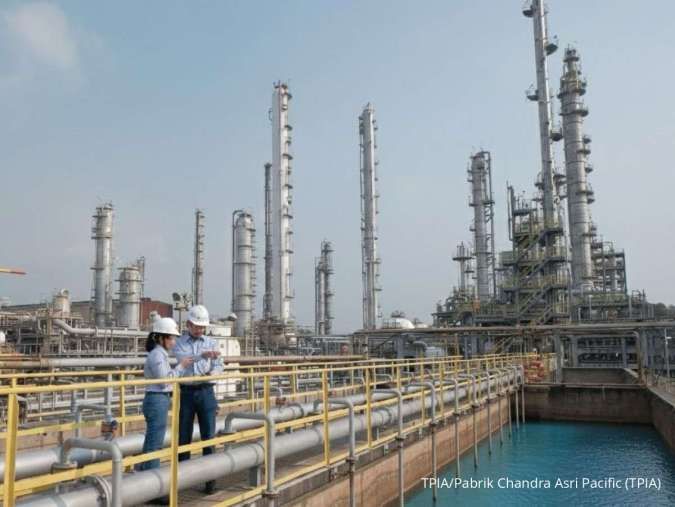Corporate Emitters Fall Far Short of Climate Goals, Investors Say

KONTAN.CO.ID - LONDON, March 30 (Reuters) - The heaviest-emitting companies have yet to take the steps needed to align their businesses with the world's mission to cap global warming, an investor group said on Wednesday, adding it expected shareholders to ramp up the pressure for action.
Climate Action 100+ is the leading group of investors pushing for faster action from the 166 companies responsible for over 80% of corporate emissions. Its more than 600 members manage a collective $65 trillion in assets.
However, the group has come under fire from campaigners for not pushing companies to do more, and its latest report, the group's second annual stocktake, prompted further criticism.
The CA100+ found only 17% of the companies had set medium-term targets in line with meeting the goal of capping warming at 1.5 degrees Celsius (2.7 Fahrenheit) above the pre-industrial average by 2050. The same number had produced a quantified decarbonisation strategy.
Baca Juga: UK Regulator Extends Licence for North Sea Cambo Oil Prospect
CA100+ said it wanted to see a "substantial shift" in target-setting by companies and expected investors to pressure boards in the upcoming season for annual general meetings, although it doesn't force members to vote a certain way.
"This AGM season is going to be really critical in terms of investors signalling whether they consider companies to have moved sufficiently far or fast in their climate strategies," said Stephanie Maier, Global Head of Sustainable and Impact Investment at GAM Investments and current chair of the global Climate Action 100+ Steering Committee.
Isobel Mitchell, Research & Engagement Manager at responsible investment NGO ShareAction, said CA100+ was far from achieving the change needed at companies and should set and require members to commit to minimum escalation expectations.
"Members need to be held to a higher standard if the initiative is to succeed," she added.
The group flagged year-on-year improvements in the initiative's three original goals.
More than 90% had board oversight of climate change, 69% had committed to achieving net zero emissions by 2050 or sooner and 89% had committed to align with or support the recommendations of the Taskforce on Climate-related Financial Disclosures, a framework to disclose business risks and opportunities.
But regardless of sector, none of the companies assessed had demonstrated that its financial accounts were drawn up using assumptions consistent with getting to net-zero by 2050, the group said.
"The consistent failure of companies and their auditors to reflect climate change risks in company accounts exposes much of the lofty corporate rhetoric for the greenwash it is," Charlie Kronick, Senior Programme Adviser at Greenpeace, said.
"The 1.5 degrees transition threatens the core business model of many polluting companies so shareholders must now call time on those Chairs of audit committees and auditors who continue to approve such glaringly inadequate financial statements."
Baca Juga: RIV Capital to Buy Etain Health as It Bets on New York Becoming Pot Hub
Among electric power companies, the CA100+ stocktake found less than a third had a plan to phase out coal consistent with keeping the global temperature rise below even 2 degrees Celsius, CA100+ said, citing data from Carbon Tracker Initiative (CTI).
Within the oil and gas sector, almost two-thirds of companies were approving projects that are inconsistent with getting below 2 degrees, it added.
"Severe climate events are escalating far faster than investors are escalating their engagement with heavy emitters," said Guillaume Pottier, Stewardship Campaigner with NGO Reclaim Finance.
"How CA100+ investors vote at companies developing new coal, oil, and gas projects will be a litmus test to determine whether engagement can become a force for change or whether it will remain an excuse to delay bolder action and avoid divestment."




